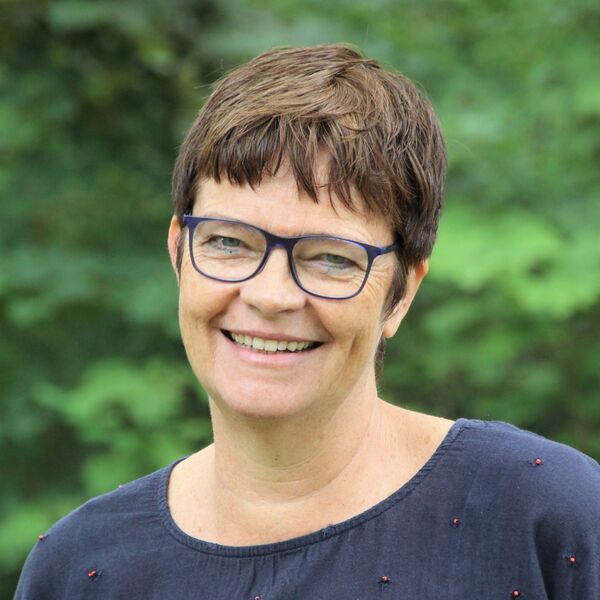In view of the comprehensive economic and socio-cultural globalisation processes, including the many forms of migration, the research questions and subjects of development studies are an area of intercultural encounter. A substantial part of this research focuses on processes of sociocultural and socioeconomic change in which local actors (e.g., non-profit or grassroots organisations, farmers in their livelihood strategies, local residents) interact with external, often inter- or transnational companies, donor organisations and government actors at different levels. Different cultural frameworks play an important role here. The area of interest starts with different normative ideas of development or of a desirable transformation, e.g., a transformation towards ecological, social and economic sustainability (which is supposed to replace the western model of "modernisation" of societies). Beyond that, however, cultural frameworks also play an important role in practical questions, for example, how processes of change are (or can be) brought about collectively. The intercultural perspective is particularly interested in the necessary processes of interaction and the negotiation of "travelling ideas" as well as the persistence or change of power relations and interest constellations. To do justice to the aforementioned problems and dynamics, development studies often adopt multi-level and multi-dimensional perspectives, for example by analysing the connections between local, regional, national and international processes from economic, social and cultural as well as institutional perspectives. Finally, Development Studies critically analyse and evaluate the agencies of international development cooperation.
The research area has numerous points of contact with the central topics and practical fields of education at the FIT, some of which will be mentioned by way of example:
- What is the significance of a shared religious identity for the emergence of collective action and organisation building by migrants?
- Which ideas and visions of development do these actors bring with them and how do they renegotiate them in the arrival society?
- How are their contributions to social development in the country of arrival valued?
- Which role do faith-based organisations play in social inclusion in the society of arrival?
The research focus so far has been on the one hand on organisational research with special attention to questions on the emergence of institutionalised practice in civil society and non-profit organisations and on the other hand on development research in rural areas. Regionally, the research work concentrates on Latin America and southern Africa.
Of particular interest so far have been transdisciplinary research approaches and the use of participatory methods in qualitative social research. In the future, this will be continued in the field of "Faith-Based Organisations" and in connection with migration and social inclusion.
Recent publications in this area of research (only English):
- Beckmann, Gabriele; Rauch, Theo; Neubert, Susanne and Rettberg, Simone: Rural Structural Change in Sub-Saharan Africa. Conceptual study. Berlin SLE Discussion Paper 01/2016.
- Beckmann, Gabriele: What Is “Local” and What Is “Self” in Local Self-Help Organisations, and Can they Work Effectively? Experiences from the Grassroots Level in Bolivia. In: Neubert, D., et al: Local Self-Governance and Varieties of Statehood. Springer (forthcoming 2023)




